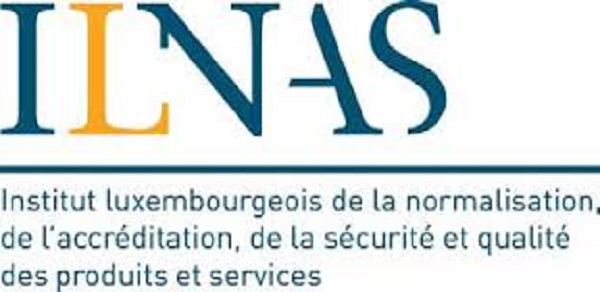
Two electric bicycles recently failed tests run by the Luxembourgish institute of normalisation, accreditation, security and quality of products and services (ILNAS).
ILNAS, a public authority under the umbrella of the Minister of the Economy, led a national campaign on electric-assisted bicycles. This campaign is part of its market surveillance activities relating to the law of 27 May 2010 on the provision of machinery and the European regulation No. 168/2013 on two- or three-wheeled vehicles and quadricycles.
These electric bicycles, commonly known as "pedelecs" or "E-bikes", are divided into two categories: those limited to a maximum speed of 25 km/h and covered by the law of 27 May 2010 and those limited to a maximum speed of 45 km/h and covered by the above EU Regulation. The latter are also called "S-Pedelecs" or "Speedbikes".
ILNAS has thus carried out administrative and technical checks on the conformity of electric bicycles with several sellers located in the territory of Luxembourg in order
to make economic operators aware of the legislation in force, to check the presence of mandatory and regulatory markings and labeling and to carry out sampling for technical compliance checks with a competent laboratory.
In order to make the most representative sampling of electric bicycles available on the Luxembourg market, ILNAS selected twelve products from different brands, taking into account several criteria such as the type of bicycle, braking system or engine. As a result, ILNAS selected nine E-bikes limited to a maximum speed of 25 km/h and three limited to 45 km/h, with a unit price ranging from €800 to €4,000. They were sent to a competent external laboratory responsible for carrying out technical inspections.
These controls, which aimed to verify the conformity of the products, focused on three specific security aspects: measuring the maximum speed of assistance, measuring the braking performance and checking the mechanical strength of the structure. In-depth administrative controls on mandatory markings, labelling and documents revealed formal non-conformities for seven of the twelve E-bikes. ILNAS agents subsequently contacted the economic operators, in particular the manufacturer and distributors concerned, in order to have these products brought into administrative conformity.
Regarding the technical checks, none of the tested bikes showed any non-conformity in braking performance or maximum assistance speed. However, two E-bikes failed the tests on the strength of the structure. These folding bikes broke down and were therefore unable to complete the number of cycles required by the standard. These non-compliances, which represent a high or even serious risk for the safety of the users, have been the subject of sales bans at the national level respectively of a request for compliance. They were notified to the European Commission through the "Safety Gate" early warning system, formerly known as "RAPEX", to be removed from the market of the entire European Economic Area and recalled from users.








